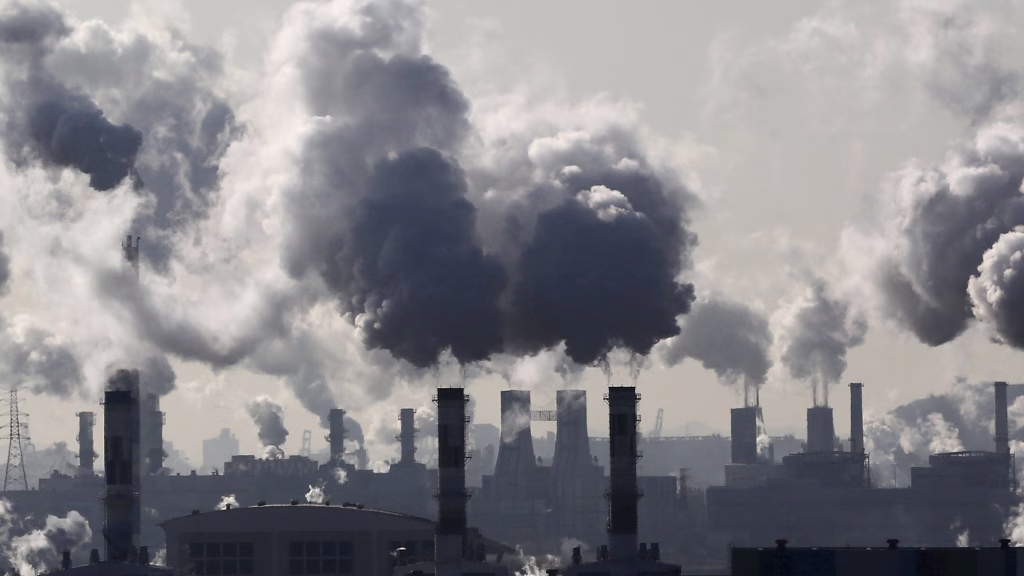Bu Wang didn’t necessarily set out to launch a carbon-capture company that would attract millions of dollars from major climate-focused investment firms.
Back in the pre-pandemic days of 2019, the associate professor of civil and environmental engineering was exploring the prospects of capturing carbon dioxide from coal-fired power plants—a line of research that he found, unfortunately, didn’t lead anywhere viable because of economic realities.
Amid that investigation, though, one of Wang’s postdoctoral researchers, Raghavendra Ragipani, made a fortuitous discovery. Ragipani, now an assistant professor of chemical engineering at the Indian Institute of Technology Kanpur, was testing how quickly carbon dioxide reacted with coal fly ash—the waste product from coal plants—under various conditions. He found the reaction occurred remarkably faster when the ash had a higher pH (was more basic, or alkaline), a result that hadn’t been documented in existing scientific literature.
Read more at engineering.wisc.edu.
